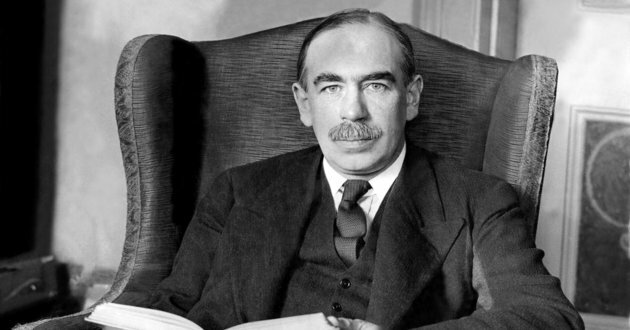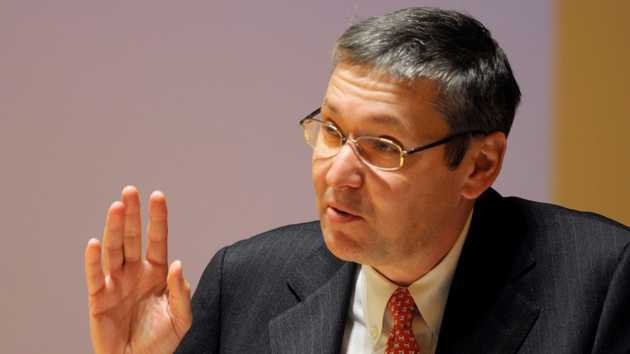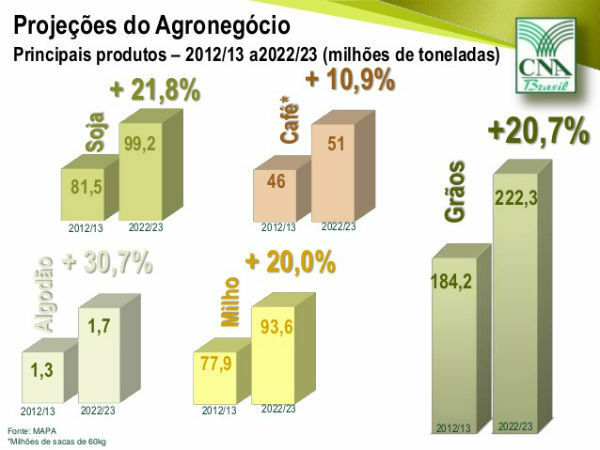Macroeconomics is the branch of economic theory that studies the action and influence of global actors such as companies, conglomerates and countries on the world economy.
To carry out its analyses, Macroeconomics uses global economic indicators such as the GDP, the GNP, among others.
What is?
The term "Macroeconomics" emerged in the United States in 1930, after the 1929 Crisis.
Macroeconomics is concerned with analyzing the economy as a whole. In this way, it must consider macroeconomic variables such as the level of unemployment, the GNP (Gross National Product), the GDP (Gross Domestic Product), total investments and expenses, etc.
Macroeconomics seeks to define how major decisions will impact society, the policy of a country or an economic bloc.
Its object of study will be companies, countries, economic groups and, in this way, to assess the economy in regional and national dimensions.
Within this framework, it will explain major themes such as the increase/decrease in exports and imports, unemployment, demand, investments, inflation, etc.
For its study to be valid, Macroeconomics takes into account the elements of Microeconomics that study the expenditure of individuals, families and retail trade.
Government
According to Macroeconomics, the role of the government is fundamental and would consist in maintaining a good monetary policy in order to promote economic stability.
Likewise, it would be up to the government to avoid spending more resources than collected, to distribute wealth in order to correct inequalities and help companies keep the economy going.
Indexes
To measure whether a country's macroeconomics is good or bad, Macroeconomics uses a series of indices such as:
- GDP - Gross Domestic Product
- GNP - Gross National Product
- SNA - National Quota System
- BP - Balance of Payments
authors
Macroeconomics is a branch of economics that stands out for its diversity. Thus, many intellectuals who have focused on this field of study. Below we quote some authors:
John Maynard Keynes (1883-1946)

Economist John Maynard Keynes is considered the greatest theorist of twentieth-century macroeconomic theory. His contribution lies in the creation of several models to understand macroeconomic issues such as consumption, inflation, unemployment, etc.
In the 30's and 40's, his ideas were going to be key to restoring economies after the 1929 crisis and World War II.
Olivier Blanchard (1948)

One of the most used books in Brazilian undergraduate courses to explain the topic is “Macroeconomics”, by Olivier Blanchard (1948).
The author is a French economist who was a professor at Harvard University and at MIT (Massachusetts Institute of Technology). Because of this, he wrote texts that served as an introduction to Macroeconomics for his disciples, which ended up being transformed into books.
He worked on the International Monetary Fund (IMF), and developed with Nobuiro Kyiotaki the theory about the importance of monopoly competition for aggregate demand.
Paul Samuelson (1915-2009)

Paul Samuelson's "Economy" is placed on the same level as those of Adam Smith or Stuart Mill. He studied at the University of Chicago and Harvard and taught at MIT. Known for being a generalist economist, he sought to explain the fundamentals of economics in his writings.
A defender of Keynes' ideas, his work was recognized by numerous institutions, including being the first American to win a Nobel Prize in the area of Economic Sciences.
Greg Mankiw (1958)

An economist trained at the Princeton Institute, MIT and Harvard University, Greg Mankiw was an economist-adviser during the administration of George W. Bush (2001-2009), from 2003 to 2005.
In his works, he seeks to update Keynes' macroeconomic ideas by proposing new models for the concepts postulated by this economist.
read more:
- Liberalism
- Economic blocks
Macroeconomics x Microeconomics
What would be the differences between Macroeconomics and Microeconomics? Far from being opposite phenomena, both are complementary.
Macroeconomics seeks a general point of view, while Microeconomics, an individual. Therefore, it delimits its object of study to the individual, to families, to small-scale commerce.
In this way, it analyzes how personal decisions can affect the economic environment in a local and immediate way.


